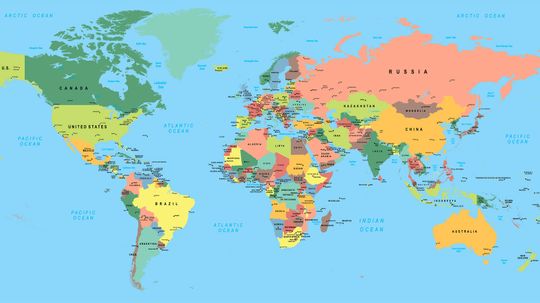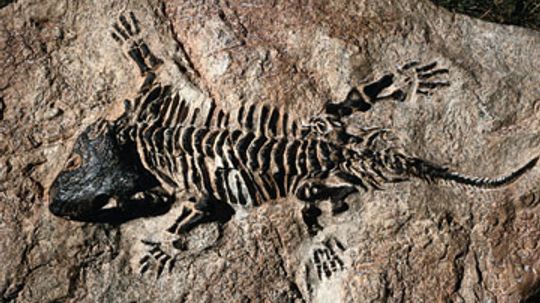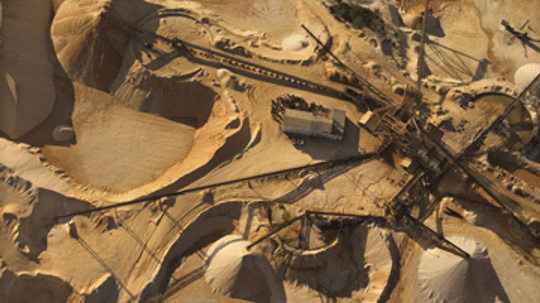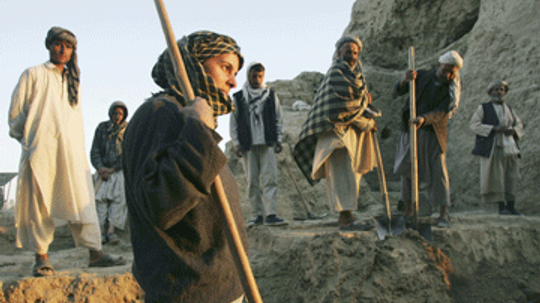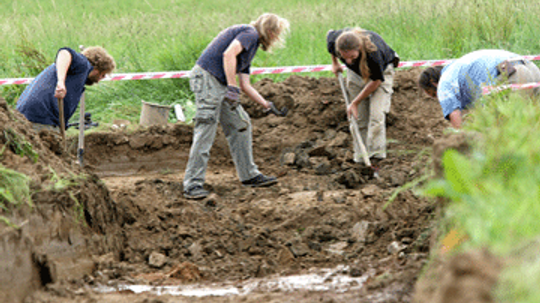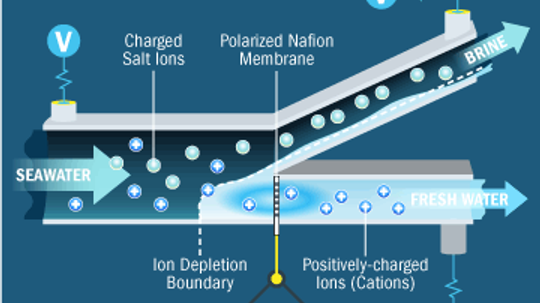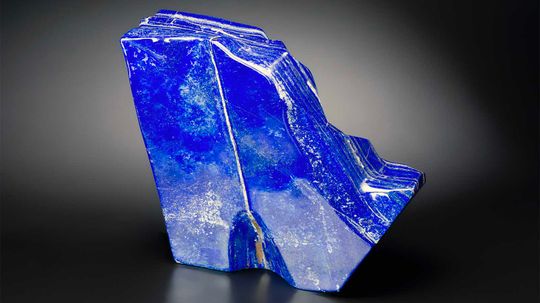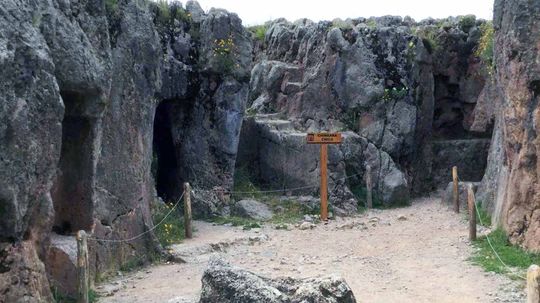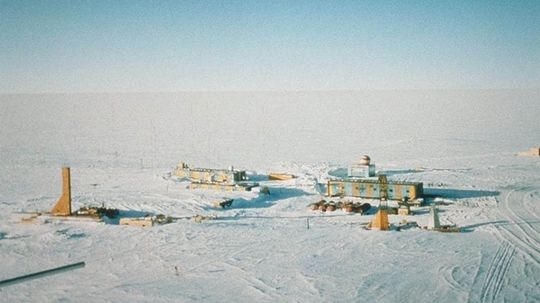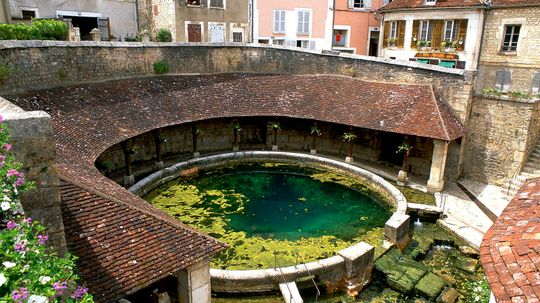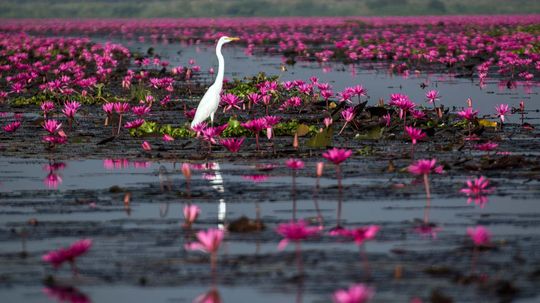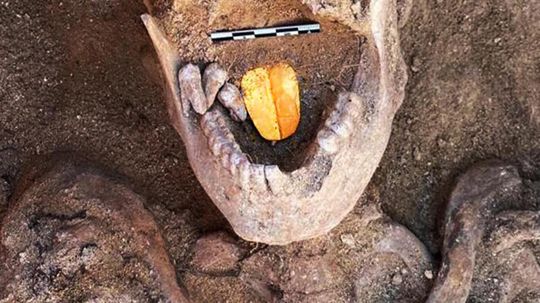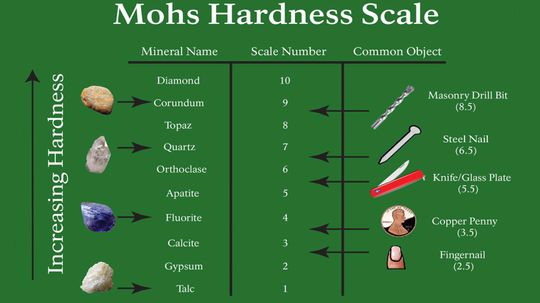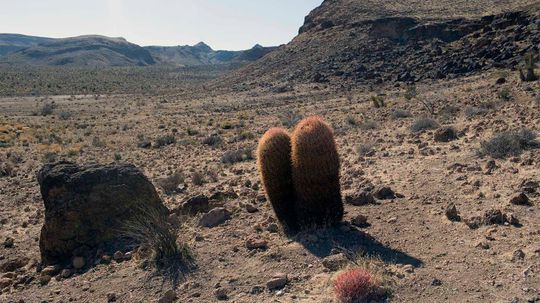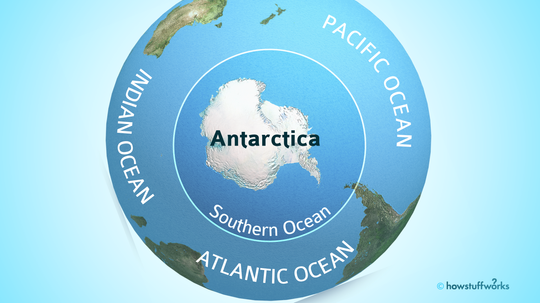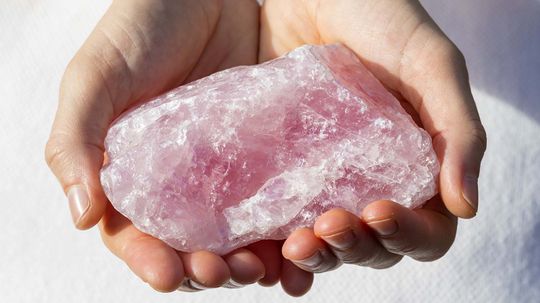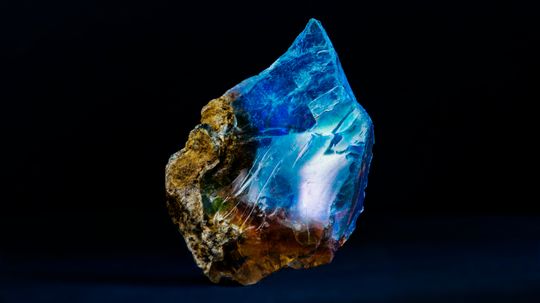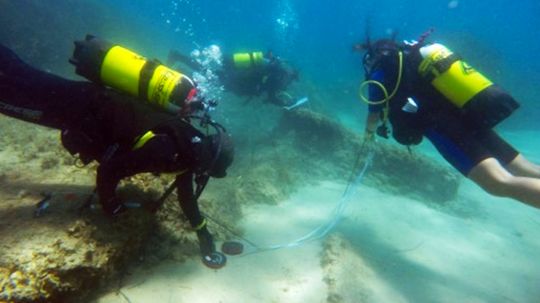Earth Science
Earth Science covers all facets of how the earth works, from from volcanoes to the world's oceans.
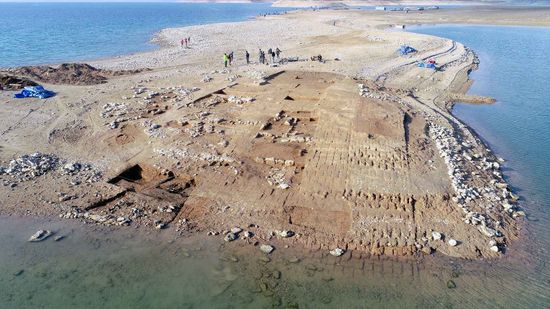
Worldwide Droughts Uncover Ancient Relics, Ruins and Remains
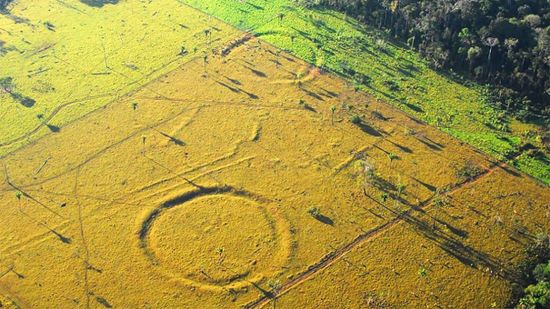
450 Huge Geometrical Earthworks in the Amazon Hint at Past Civilizations

Ancient Egyptians Believed Cats Had 'Divine Energy'

15 Types of Gemstones to Add a Little Sparkle to Your Life
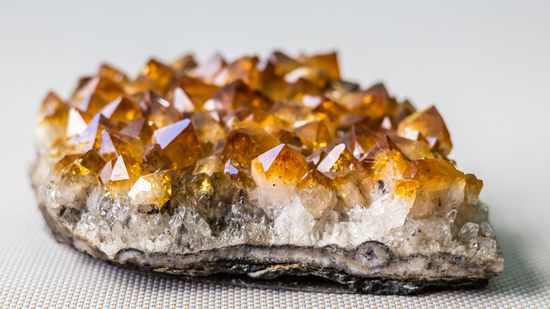
13 Brown Gemstones for Understated Elegance

10 Red Gemstones That Evoke Power and Bold Luxury

10 Longest Rivers in the U.S.: From the Missouri to the Brazos

What Is the Smallest State in the USA? Looking at Area and Population

Venice Isn't Alone: 7 Sinking Cities Around the World
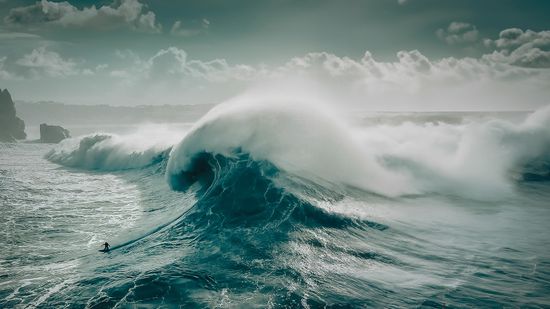
What Was the Largest Wave Ever Recorded?
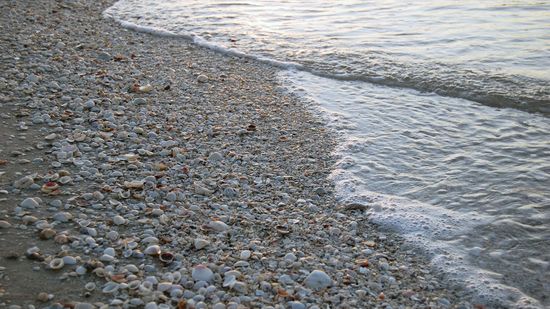
Where Have All the Seashells Gone?
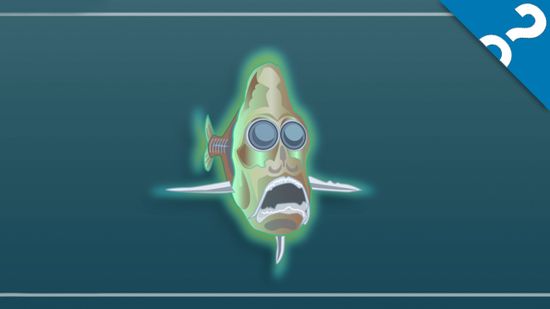
HowStuffWorks: 10 Weird Sea Creatures
Learn More / Page 6
A map is a type of language, a graphic way of representing information, whether it's to show population density or tell you how to get from Point A to Point B. Here's how they're made.
By Tracy V. Wilson & Alia Hoyt
A sculpted mammoth shows visitors to the La Brea Tar Pits what these ancient animals might have looked like, but the pits themselves have looked the same for thousands of years. How did they form, and what discoveries lie beneath the sticky surface?
Famine might bring to mind historical tragedies or modern media coverage of tiny children with swollen bellies. But how does the unimaginable -- a widespread loss of food -- actually happen?
Advertisement
At best, fossilization is a long and tricky process that mineralizes an occasional Tyrannosaurus rex or other extraordinary find. How has that affected our chances at charting a model of life itself?
By Robert Lamb
It's not so much about time as it is about money. What dictates how long an archeological team is permitted to dig at a particular site?
Each country and each region within each country has its own laws regarding the right to cultural property. So, how do you know which artifacts belong to the government and which are "finders keepers"?
In "Indiana Jones and the Last Crusade," Dr. Jones battles the Nazis for the Holy Grail. Did the Nazis really have an interest in archaeology? And if so, what fueled it?
Advertisement
In "The Raiders of the Lost Ark," Indiana Jones competes with grave-robbing Nazis for the lost Ark of the Covenant. But what defined Dr. Jones as legit and the Nazis as grave robbers?
Desalination has long been considered too expensive and too energy-intensive to make much sense. But with newer technologies, that line of thinking is changing. What are some of the most interesting desalination projects on the planet?
This ancient rock adorns King Tut's coffin and the Sistine Chapel. And at one time it was more precious than gold. What is it about this deep blue rock that has drawn us in for centuries?
There are caves all over the world, but some are in places that are hard to explore - hidden by rocks, ruins or even under ice. We've found seven secret caves you probably never knew existed.
Advertisement
Deep underneath Antarctica, there lies a hidden lake. Roughly the size of North America's Lake Ontario, the buried landmark has inspired curiosity and controversy for decades.
By Mark Mancini
It's possible that the giant, deadly serpent hanging out at the bottom of Fosse Dionne spring is just a legend, but divers have disappeared trying to find out, so who knows?
It's not just the size that differentiates a lake from a pond. The real distinctions flow much deeper.
In the search for Cleopatra's tomb, a team of archaeologists was surprised by two mummies with gold foil-covered tongues. What was the reason for this strange burial custom?
Advertisement
Tanzanite is so rare, it is sourced from just an 8-square-mile (20-square-kilometer) area in Tanzania. It was first discovered in the late 1960s and it burst onto the jewelry scene thanks to Tiffany & Co.
The Mohs hardness scale is used by geologists and gemologists as a way to help identify minerals using a hardness test. How does it work?
Not all deserts have sand and they're certainly not all hot. They're just extremely dry and have little vegetation. That means deserts are located all over the planet, including at super-high elevations.
The Southern Ocean has finally been officially recognized, though scientists have known about it for over a century.
Advertisement
Researchers have been asking this question for almost a century and now we're a little closer to the answer. Something else to ponder: Every 27.5 million years there is usually a mass extinction.
This beautiful pink quartz is found in numerous places throughout the world and is thought to be associated with unconditional love.
The Atlantic Meridional Overturning Circulation, or AMOC, plays an essential role in regulating ocean temperatures, but it looks as if it may be collapsing. What happens next?
A lot of the times when people think of ancient artifacts, they picture Greek or Roman tools and relics. Things like oxidized copper trinkets, ivory statues, or maybe a bit of gold jewelry. But once you start thinking in archeological terms, a whole world of possibilities open up that pre date recorded history. Now we [...] The post 12 Of The Oldest Objects Ever Discovered appeared first on Goliath.
By Wes Walcott
Advertisement
Archaeologists discovered what they believe to be ruins of the Roman city of Neapolis - underwater near Tunisia.
Researchers discovered that everyone's favorite prehistoric cat had some seriously big bones - even as a youngster.
By Robert Lamb
